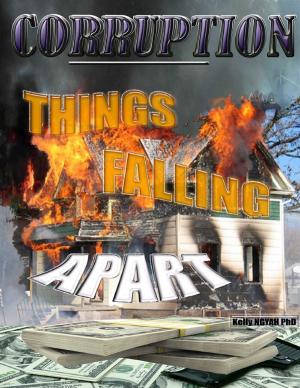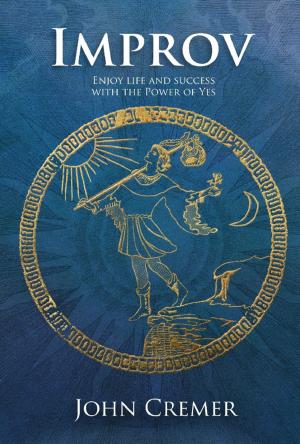| Author: | Fr. Joseph Irvin | ISBN: | 9780359553785 |
| Publisher: | Lulu.com | Publication: | August 6, 2019 |
| Imprint: | Lulu.com | Language: | English |
| Author: | Fr. Joseph Irvin |
| ISBN: | 9780359553785 |
| Publisher: | Lulu.com |
| Publication: | August 6, 2019 |
| Imprint: | Lulu.com |
| Language: | English |
The Vespers service (1st service of the liturgical day) is meant to remind us of the Old Testament period, the creation of the world, the first human beings fall into sin, their expulsion from Paradise, their repentance and prayer for salvation, the hope of mankind in accordance with the promise of God for a Savior and ending with the fulfillment of that promise. Vespers takes us through creation, sin, and salvation in Christ. It leads us to the meditation of God’s word and the glorification of his love for men. It prepares us for the sleep of the night and the dawn of the new day to come. On the evening before the Divine Liturgy, it prepares us for communion with God in the sacramental mysteries. Before the 4th c. allusions to the evening prayer are found in the earlier Fathers. At the beginning of the 2nd c., Pliny the Younger speaks of liturgical reunions of the Christians in the morning and in the evening. Vespers is, therefore, together with Vigils, the most ancient Office known in the Church
The Vespers service (1st service of the liturgical day) is meant to remind us of the Old Testament period, the creation of the world, the first human beings fall into sin, their expulsion from Paradise, their repentance and prayer for salvation, the hope of mankind in accordance with the promise of God for a Savior and ending with the fulfillment of that promise. Vespers takes us through creation, sin, and salvation in Christ. It leads us to the meditation of God’s word and the glorification of his love for men. It prepares us for the sleep of the night and the dawn of the new day to come. On the evening before the Divine Liturgy, it prepares us for communion with God in the sacramental mysteries. Before the 4th c. allusions to the evening prayer are found in the earlier Fathers. At the beginning of the 2nd c., Pliny the Younger speaks of liturgical reunions of the Christians in the morning and in the evening. Vespers is, therefore, together with Vigils, the most ancient Office known in the Church















